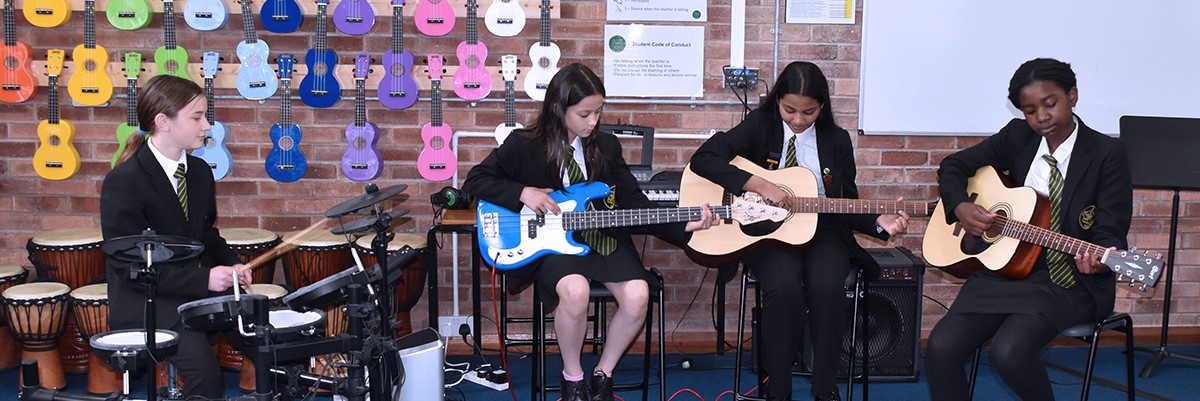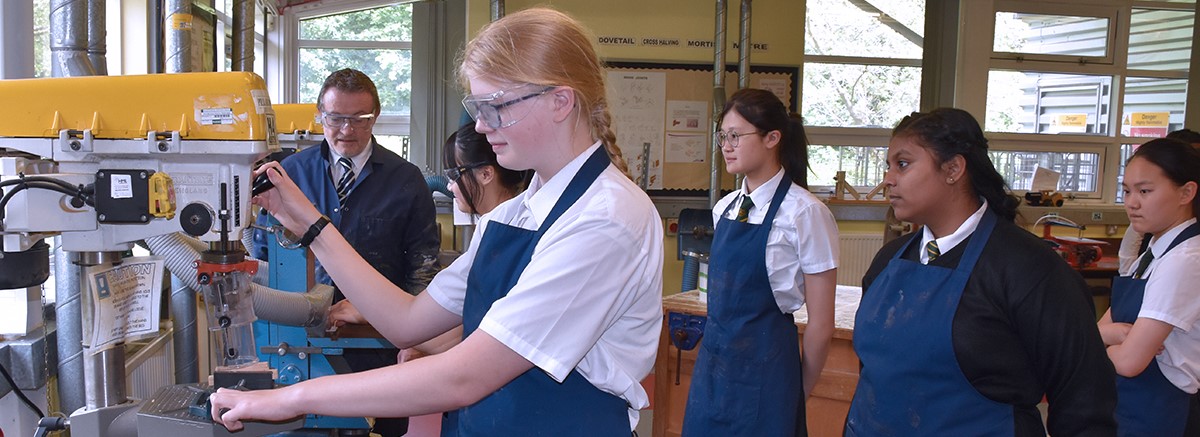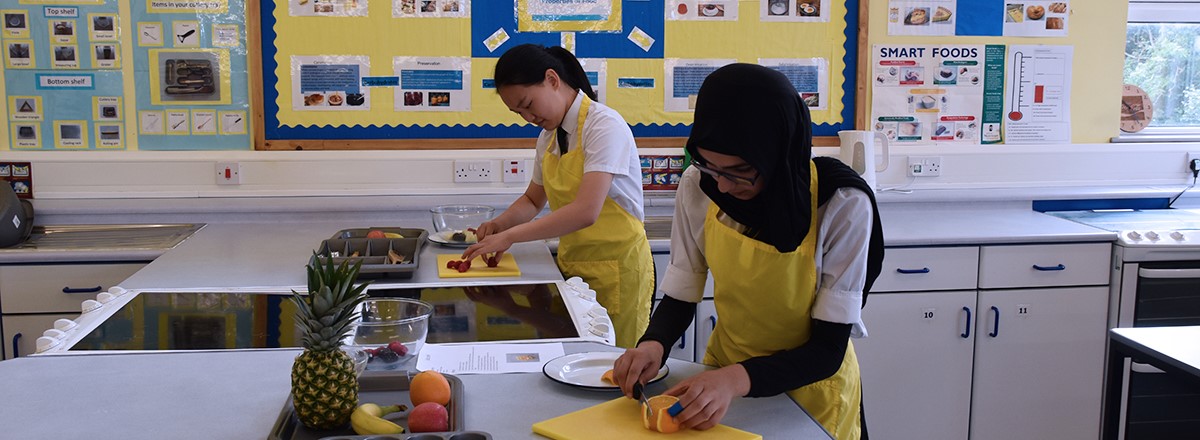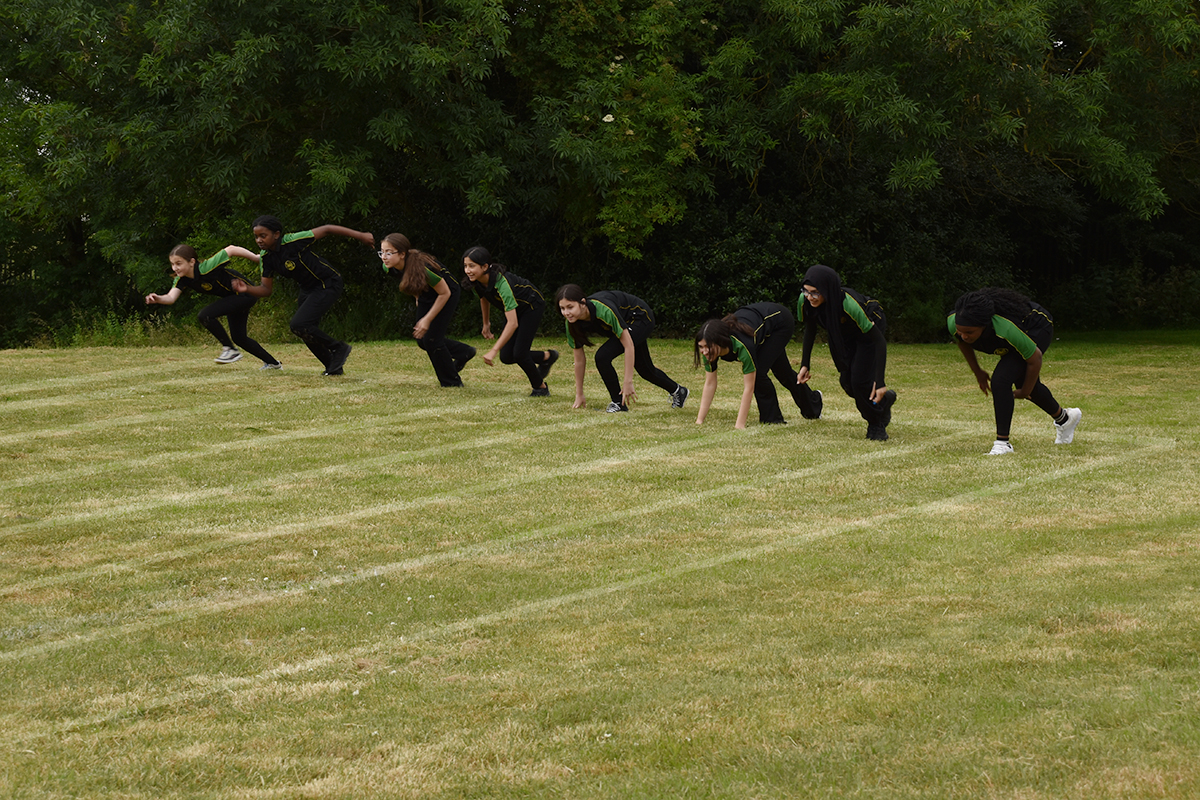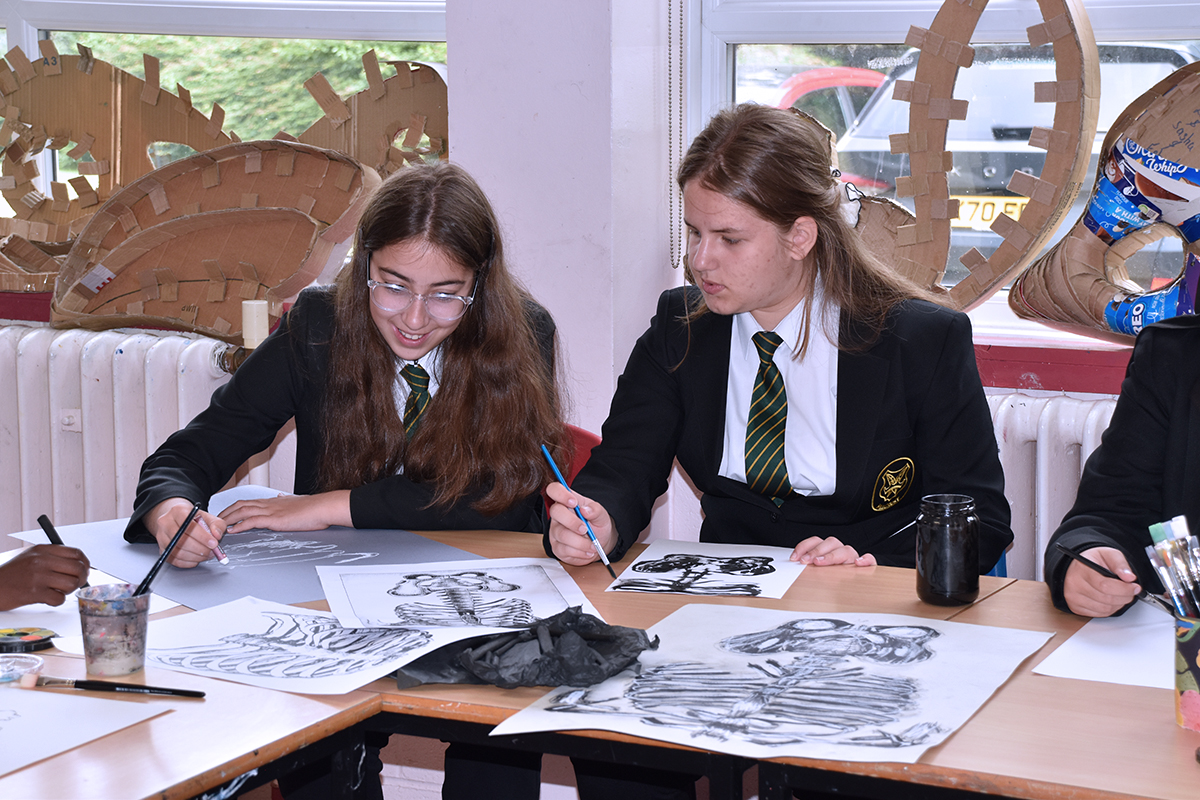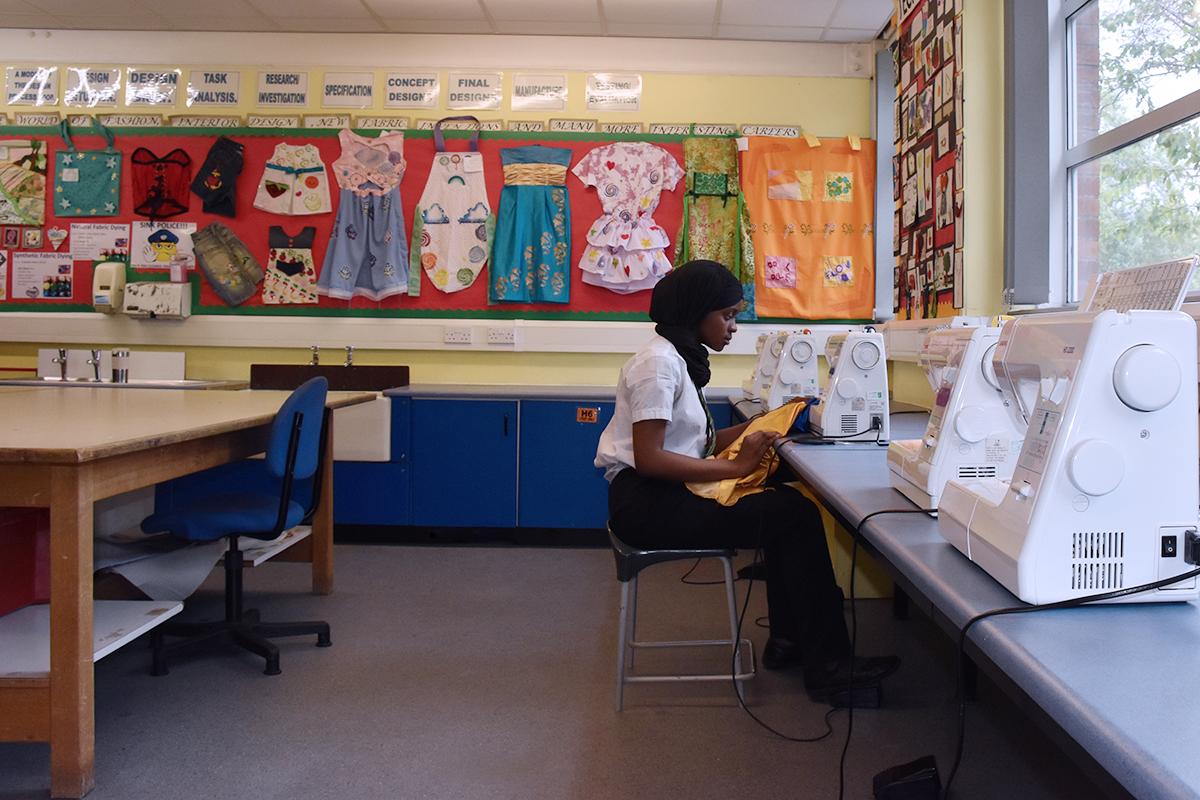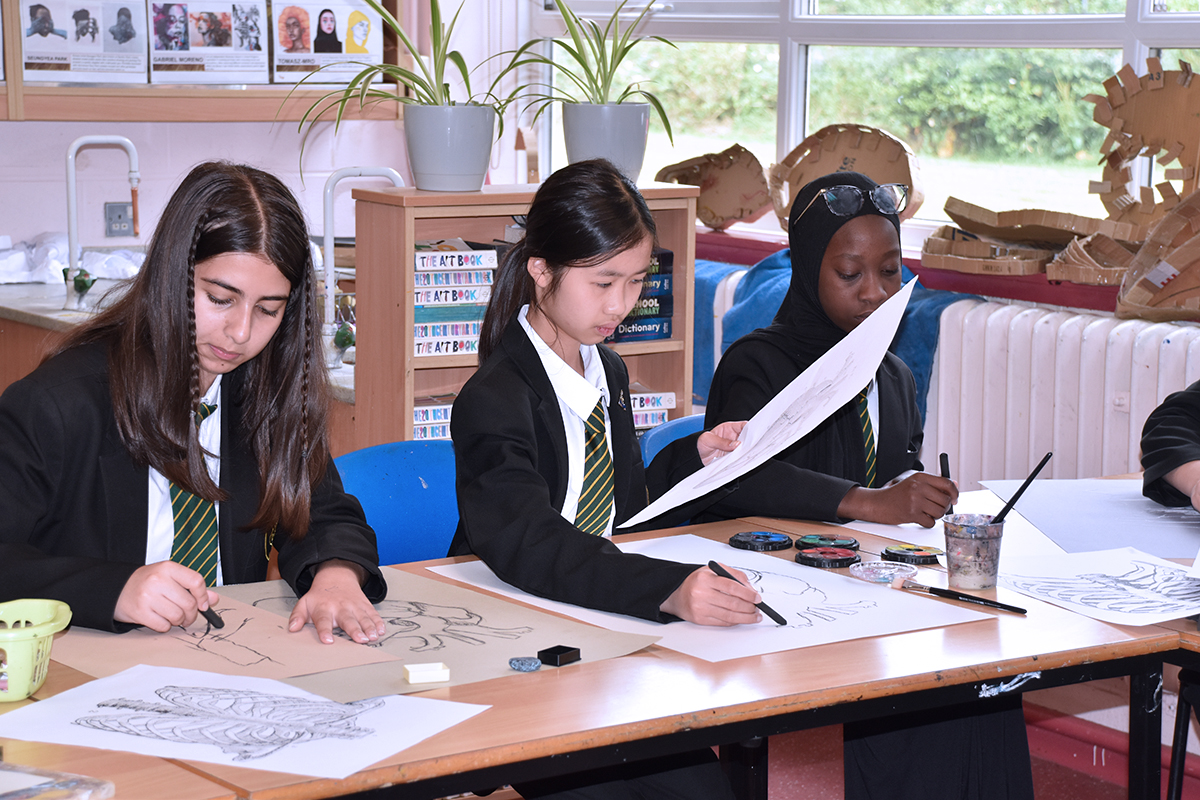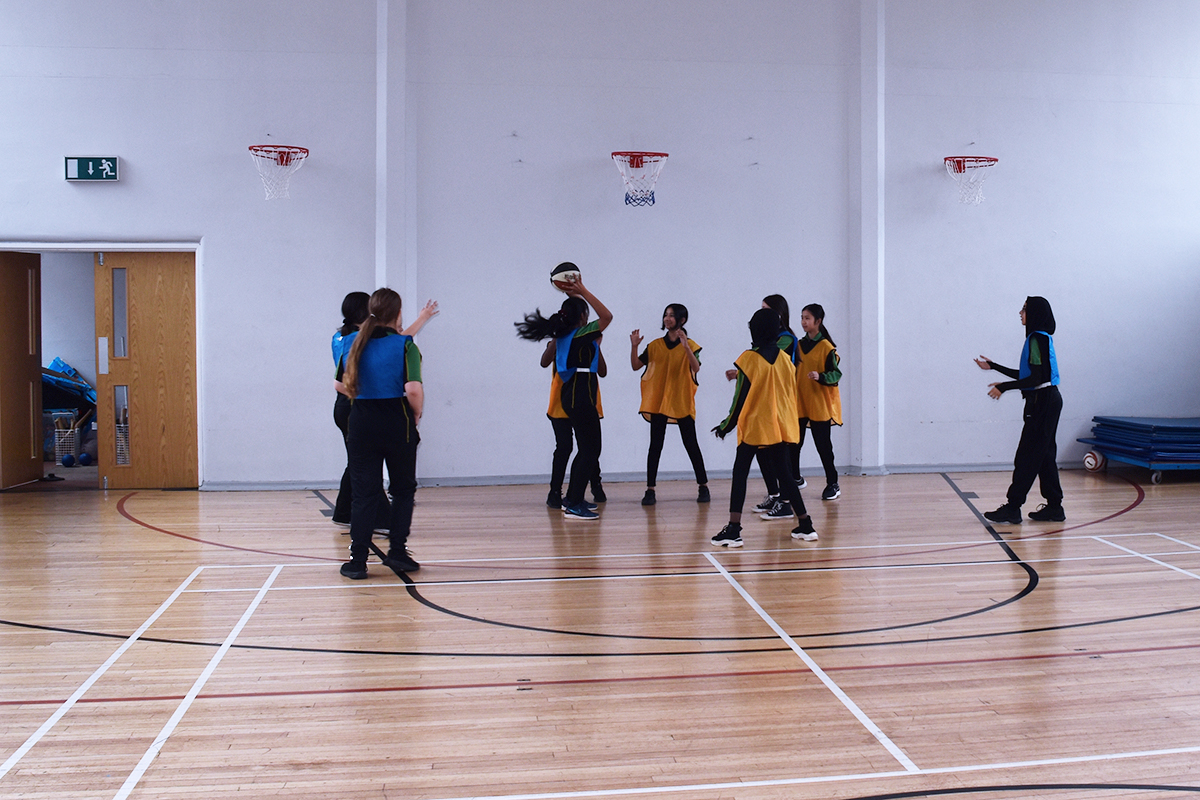Religion & Worldviews
KEY STAGE 3 CURRICULUM
Hillcrest School has adopted the Birmingham Agreed Syllabus for Religious Studies and has implemented the syllabus through KS3 Religion and Worldviews lessons across two lessons per fortnight.
Students are required to gain knowledge and understanding about religion, to make informed and balanced judgments about religious belief and moral issues, and to apply religious insights to the pupils’ own lives.
In Key Stage Three students study all six major world religions, as well as looking at non-religious views and alternative religions.
The teaching methods used in the department are designed to be as enriching as possible to reflect the diversity and value of living in a multi-cultural society. In addition, we take advantage of the many opportunities for linking Religious Studies to other areas of the curriculum such as the study of The Holocaust in Year 9 which compliments the study of World War Two within the History department.
Year 7
Term 1
Sikhism: Students look at the history and beliefs of Sikhism before moving on to discover how Sikhism is practised in the modern world. Lessons include an insight into how Guru Nanak spread his message and how Sikhism became an established religion in the UK.
Term 2
Judaism: Students look at the history and beliefs of Judaism before moving on to discover how Judaism is practised in the modern world. Lessons include a look a what you might find in a Synagogue and what rituals are carried out at marriages and funerals.
Term 3
Hinduism: Students look at the history and beliefs of Hinduism before moving on to discover how Hinduism is practised in the modern world. Lessons include a look at what Hindus believe about life after death and how Hindus respond to the environment.
Year 8
Term 1
Christianity: Students look at the history and beliefs of Christianity before moving on to discover how Christianity is practised in the modern world. Lessons range from a look at what happened at Jesus’ birth to whether Britain should still be deemed a Christian country.
Term 2
Buddhism: Students look at the history and beliefs of Buddhism before moving on to discover how Buddhism is practised in the modern world. Lessons include a look at The Four Noble Truths and discovering how Buddhism is practised in Britain today.
Term 3
Islam: Students will study the key beliefs in Islam and then move on to look at ideas about life after death and predestination.
Year 9
Term 1
The Holocaust: Students will investigate the impact that the Holocaust had on the Jewish
community and how it stripped them of their identity.
Term 2
Philosophy and Ethics: Students looks at whether the idea of God makes sense and will compare religious ideas with those of atheists and humanists. They will also investigate whether religion and science are in conflict.
Term 3
Students will learn about what people in the UK believe, comparing this to their own Worldview. They will also learn about why some people reject the idea of God and what these people believe about life after death.
Key Stage 4 Curriculum
OCR GCSE PHILOSOPHY AND ETHICS
OPTION SUBJECT
COURSE CONTACT: Mrs J Abbotts - HEAD OF RELIGION AND WORLDVIEWS
Exam Board Website: http://www.ocr.org.uk/qualifications/gcse/gcse-religious-studies-j625-j125-from-2016/
Course Content
Students may choose the Philosophy and Ethics full course GCSE which is an extension of the core Religious and Worldviews subject. During this course, Christianity and Islam will be examined according to the Philosophy and Ethics topics specified below. Students undertaking the course should be able to explore the significance and impact of religions and support their answers with reference to the teachings, sacred texts, beliefs and attitudes of the faiths where appropriate.
Students should reflect on the idea that religions have different approaches and attitudes and that there is diversity within each faith, its understanding of texts and its philosophy and ethical teachings. They should consider these issues in relation to the particular religion itself and to its impact on individuals, communities, and societies, locally, nationally and globally, whilst realising that these particular aspects may vary in significance between religions and communities. Students will study all the components below:
Beliefs, Teachings & Practices
Students are required to study two religions: Christianity and Islam.
Religion, philosophy, and ethics in the modern world from a religious perspective
Students are required to study this from the perspective of either Christianity or Islam.
- There are four themes to be studied:
- Relationships and families
- The existence of God, gods and the ultimate reality
- Religion, peace, and conflict
- The dialogue between religious and non-religious beliefs and attitudes
Assessment Details
Students will take two one-hour examinations on a study of each religion (63 marks each), together with a two-hour paper on the second theme, Religion, philosophy, and ethics (126 marks).
Students must be able to show knowledge and understanding, as well as evaluation and discussion skills.
Why Take This Course?
Enabling students to develop transferable skills for work, learning and life. Personal beliefs are not important, as long as students have an open mind. Students’ opinions are encouraged and welcomed!
Philosophy and Ethics is a qualification which is valued by all universities and respected by a wide range of employers.
Students who have successfully studied A-level Philosophy & Ethics develop skills, such as reasoning and evaluation, which are valued in careers such as teaching, social work, youth work, the Civil Service, counselling and journalism.
Religion and Worldviews Reading List
RE- Careers in the Curriculum Priorities
The study of Religion and Worldviews allows students to develop a tolerance and understanding of the world and people around us which is vital in society today and for students in their future careers. Contrary to the general misconception that the only career open to a student of Religion and Worldviews is the priesthood, there are many career pathways that are open to students. The top careers are Advertising, Media (journalism), Archivist (Museums and Libraries), Medicine, Charity work, Publishing, Human Resources, Social/Public Service, Law, Teaching, Politics, Civil Service, and the Church.
The study of Religion and Worldviews develops many employability skills which are transferable to any job such as: clear and logical thinking, critical evaluation, literacy and expression of views, negotiation, understanding of others, being reasonable about others' views, research, problem-solving and working to deadlines.
The department aims to ensure that students are aware of these skills and the careers available to them, referring to them throughout the year.

